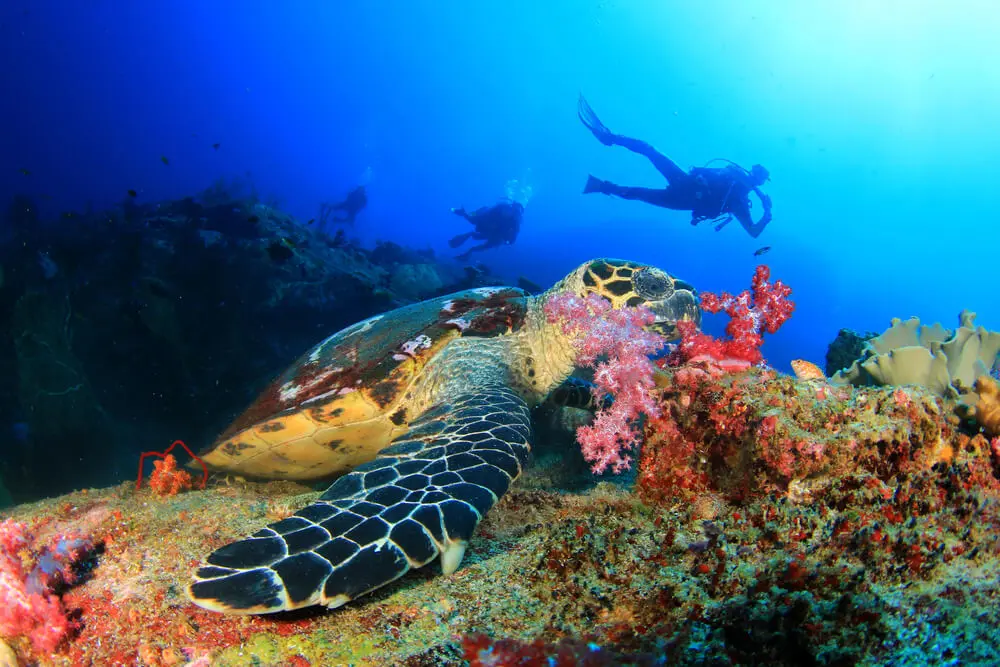Categories
-

Global IT outage: Essential information
On July 19, 2024, a significant IT outage caused disruptions to many flights and systems around the world. The websites for InsureandGo remain fully operational. InsureandGo has bespoke technology platforms, and is not affected by the current IT outage affecting many travel insurance providers. If your travel plans have been affected, here’s what you need…
-

Discover the best family holiday destinations in 2024
Family holidays are all about making memories, exploring new places, and spending quality time together. Whether you’re looking for sun-soaked beaches, cultural cities, or unique summer holiday spots, there’s something for everyone. Here are our top picks for the best places to go with your loved ones in 2024. 1. Orlando, Florida, USA Imagine your…
-

Manchester airport closure: What should I do if I’m affected?
On June 23, 2024, a power outage at Manchester Airport caused significant flight delays and cancellations. If your travel plans are disrupted, here’s what to do: Contact Your Airline: Get in touch with your airline as soon as possible. They should provide options for a refund or help you rebook your flight. If your flight…
-

Where to visit in Portugal
Spain is a very popular destination for tourists. But its neighbour Portugal is just as steeped in culture and history. England and Portugal have been allies since 1386. So it’s not surprising we love it so much. But once you get there, what should you do in Portugal? Porto Portugal’s second city, Porto, is a…
-

Do you know about the changes to baggage regulations?
Airport security can be a hassle, particularly the 100ml liquid limit. For almost 20 years we’ve had to arrange travel-sized toiletries and place them in a clear bag before flying. However, new scanners being introduced should make things much easier for UK holidaymakers. What’s changing? The installation of new Next Generation Security Checkpoints (NGSC) scanners…
-

Botanical bliss: The countries & gardens you should add to your botanical bucket list
Every traveller explores the world in search of something different, from wildlife to marine life, local culture or ancient history. If seeing some of the world’s most unique and fascinating plants is what drives you to travel, there’s a whole host of locations to choose from, before you can buy your travel insurance and hop…
-

Where to go in Greece
Few places have as much history as Greece. It’s no wonder it’s a popular holiday destination for Brits. Each year over 3 million of us travel there. There’s a lot to do on the mainland, not to mention the many Greek Islands. Wherever you visit in Greece, don’t overlook the need for travel insurance. If…
-

Using the GHIC in Europe
If you plan to visit Europe, you’re probably aware that you need to carry a GHIC (Global Health Insurance Card) with you. This has replaced the EHIC (European Health Insurance Card) for most travellers, but if you own a valid EHIC, you only need to replace it once it expires. WHAT IS THE GHIC? If…
-

Dive into adventure: 6 must-visit scuba dive hotspots to explore
Scuba diving is an activity that many of us would love to try. Heading below the waves lets us see the world from a whole new perspective, and those memories can last a lifetime. We’ve put together 6 incredible dive spots that will stick with you, whether you’re newly certified or an experienced diver. Great…


